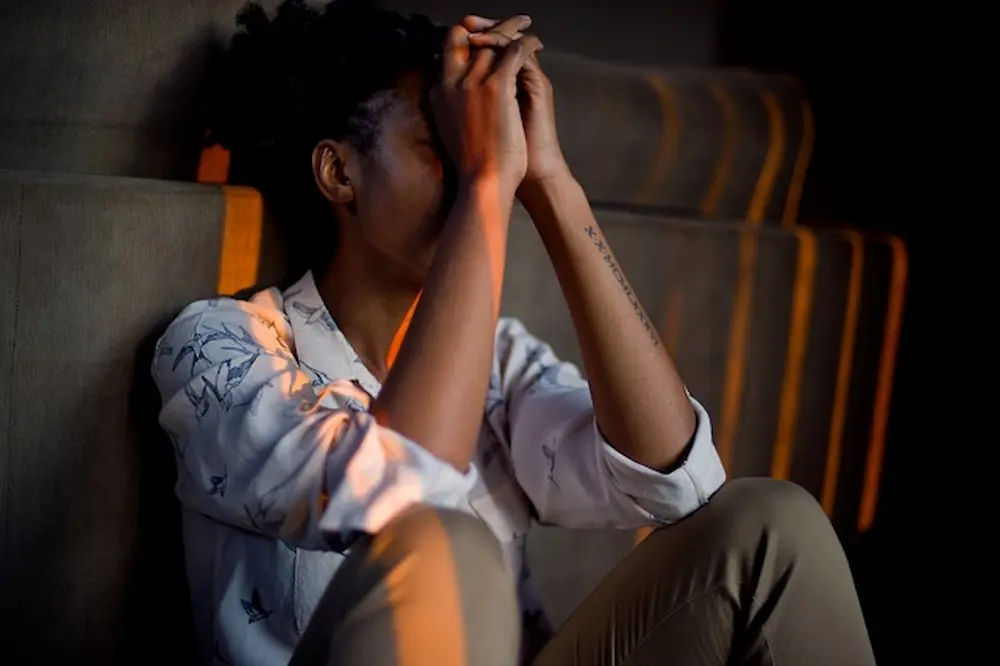
Photo by Pixabay on Pixabay
Grief and Duty in Customer Care in Health Clinics Kenya
Working behind the reception desk of a health facility can feel routine—until it’s not. Customer care in health clinics Kenya isn’t just about booking appointments or filing records; it’s about facing the raw emotions that patients bring with them. My time at a small Kenyan clinic showed me that sometimes, grief, fear, and hopelessness walk through the door long before a doctor enters the room.
Customer Care in Health Clinics Kenya: More Than Just a Desk Job
At this particular clinic, we handled patients seeking routine care, checkups, and HIV services. Some would walk in silently, heading straight to the doctor without uttering a word. They were regulars—those already diagnosed and coming in for medication. I had been trained to recognize their rhythm and offer subtle, non-intrusive support.
Then there were the ones who came in for HIV testing. They came as individuals or couples, visibly anxious. After pre-test counselling, they would go through the procedure and then await their results with a tension you could almost touch. The emotional intensity in those moments was something you never get used to.
And still, others—mostly young girls, students—would come in seeking abortion services, which the clinic did not offer. Telling them “we can’t help” was always a hard conversation, one that required a delicate mix of firmness and compassion. Each case felt like a reminder that people bring more than just symptoms when they visit a health facility—they bring their entire stories.
A Tragedy That Still Haunts Me
Among all the encounters, one still breaks my heart.
A woman used to visit the clinic regularly. She seemed pleasant but reserved. I had spoken with her a few times—light chat at the desk, nothing too deep. One day, she came in for an HIV test. When the results came in, she was asked to return with her partner.
She never did.
The next day, we heard that she had thrown herself in front of an oncoming vehicle along the highway near her home. She died instantly. The shock in the clinic was palpable. It wasn’t just that we’d seen her the day before—it was that we hadn’t seen the signs.
That grief stayed in the room long after she was gone.
Even Caregivers Need Care: Another Heartbreaking Loss
What made that period even heavier was losing one of our own.
One of the nurses—who was married and responsible for counselling HIV-positive patients—tested positive herself. She knew the systems, the medication, the science. But she couldn’t accept it.
She withdrew completely, stopped coming to work, and eventually shut herself off from everyone. She wouldn’t open her door to friends or colleagues. By the time opportunistic infections caught up with her, it was too late.
Her death revealed something sobering: being in a place of information doesn’t mean you are immune to despair.
Coping with Emotional Weight in Customer Care in Health Clinics Kenya
As a frontline worker, you end up absorbing a lot—sometimes too much. And unlike clinical staff, receptionists and front desk workers often lack professional training in emotional resilience or trauma handling.
You’re expected to stay composed, kind, and efficient, even when someone is breaking down in front of you.
📍 Also read: Handling Unstable Customers: My Experience in Customer Care
Here are a few tools that helped me cope:
🧠 Journaling for Mental Clarity
Writing gave me a safe space to release the heaviness of the day.
👉 Guided Therapy Journal on Amazon
🎧 Tuning Out for a Moment of Peace
During lunch or tea breaks, I’d plug in my earphones and breathe.
👉 Top-Rated Noise Cancelling Headphones – Amazon
📚 Reading to Understand and Heal
Books gave me insight into emotional intelligence and how grief affects behavior.
👉 Emotional Intelligence by Daniel Goleman
Lessons I Carry to This Day
This experience taught me that customer care in health clinics Kenya is about so much more than polite greetings and appointment slips. It’s about quietly holding space for life-altering moments—both joyful and tragic.
It showed me that even people with full knowledge can be undone by fear, and that sometimes, the listener also needs someone to listen to them.
Resources for Mental Health and HIV Support in Kenya
If you or someone you know is struggling, please don’t stay silent. Support is available:
- 🌍 LVCT Health Kenya – HIV Testing & Counselling Services
- 🧠 NACADA Kenya – Mental Health & Addiction Resources
- ❤️ Amref Health Africa – Community-Based Health Services
Final Thoughts
Working in customer care in health clinics Kenya taught me that pain doesn’t knock before entering. It sits across from you, fills the room, and sometimes walks out without healing. If you’re in this line of work, I see you. And I honour your quiet courage.
Leave a Reply